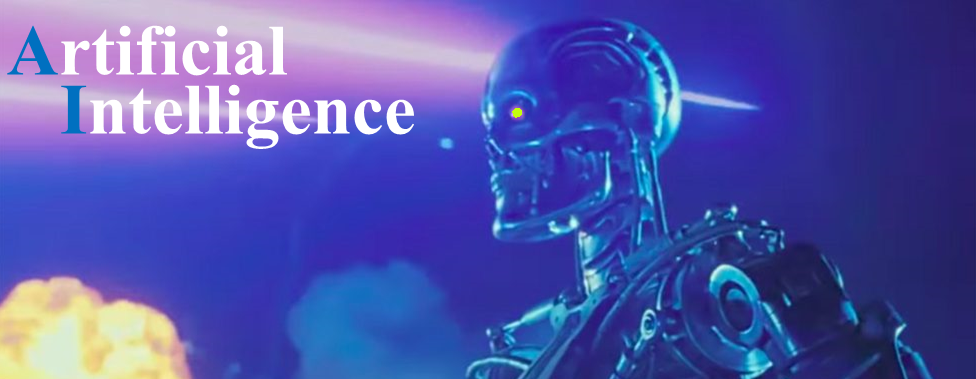Artificial Intelligence (AI) is an exciting definition concerning thought processes, reasoning and behavior. AI performance has been evaluated in terms of its fidelity to humans’ and rationality. What is rational depends on knowledge, methodology and the performance measure defining the success criterion. Both the content and the methodology of AI have been revolutionized in recent years. It is common to build on existing theories basing on experimental evidence and the relevance to real-world applications. An AI application must be analyzed statistically and later subjected to rigorous empirical experiments to justify its importance in order to be accepted.

AI applications are ubiquitous involving many activities and subfields. Currently we see them in robotics, vehicles, games, healthcare, speech recognition and translation, autonomous logistic planning and scheduling; cyberdefense and the detection of fraudulent transactions and messages are also among critical application domain of artificial intelligence. AI is the main driver of gross per capita, allowing an increase in output faster than labor and capital. AI increases productivity by decreasing labor hours needed to produce an output. An increase in productivity could translate into benefits such as wage raise, reduced work hours, increased service availability, high living standards and leisure hours distributed across society.

AI does and will make significant and positive contributions to aggregate growth, and its advances hold stunning potential to help a society to stay on the edge of innovation. AI field requires much investing in training, research and development. The rapid growth of AI dramatically increased the need for people with relevant skills to support and advance the field. As AI changes the nature of work and the required skills, workers will need to be prepared with the education and training that can help them continue to succeed.

